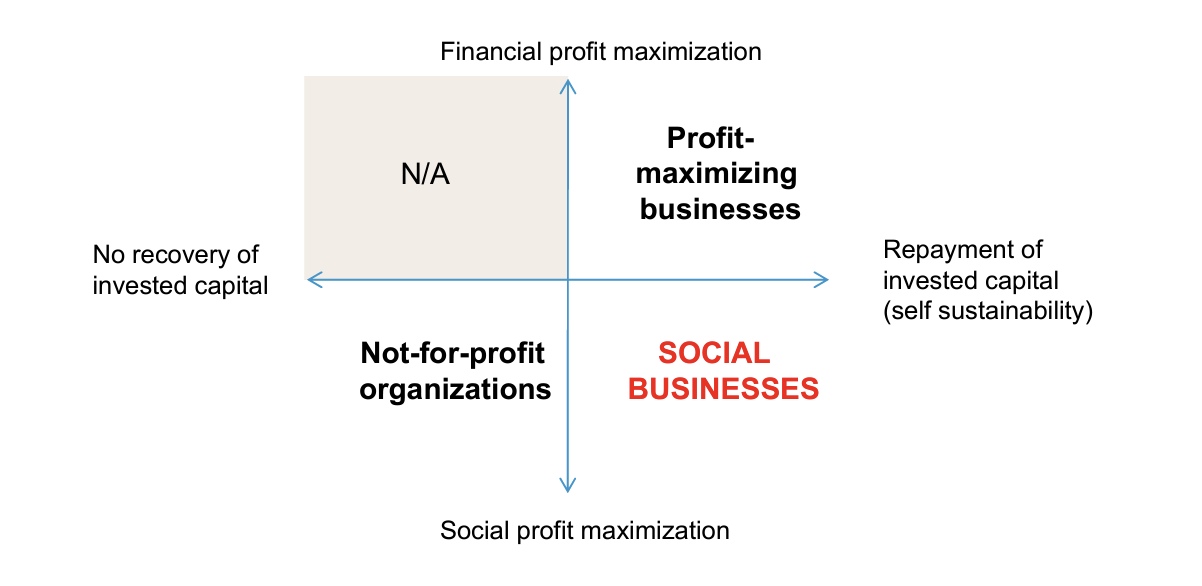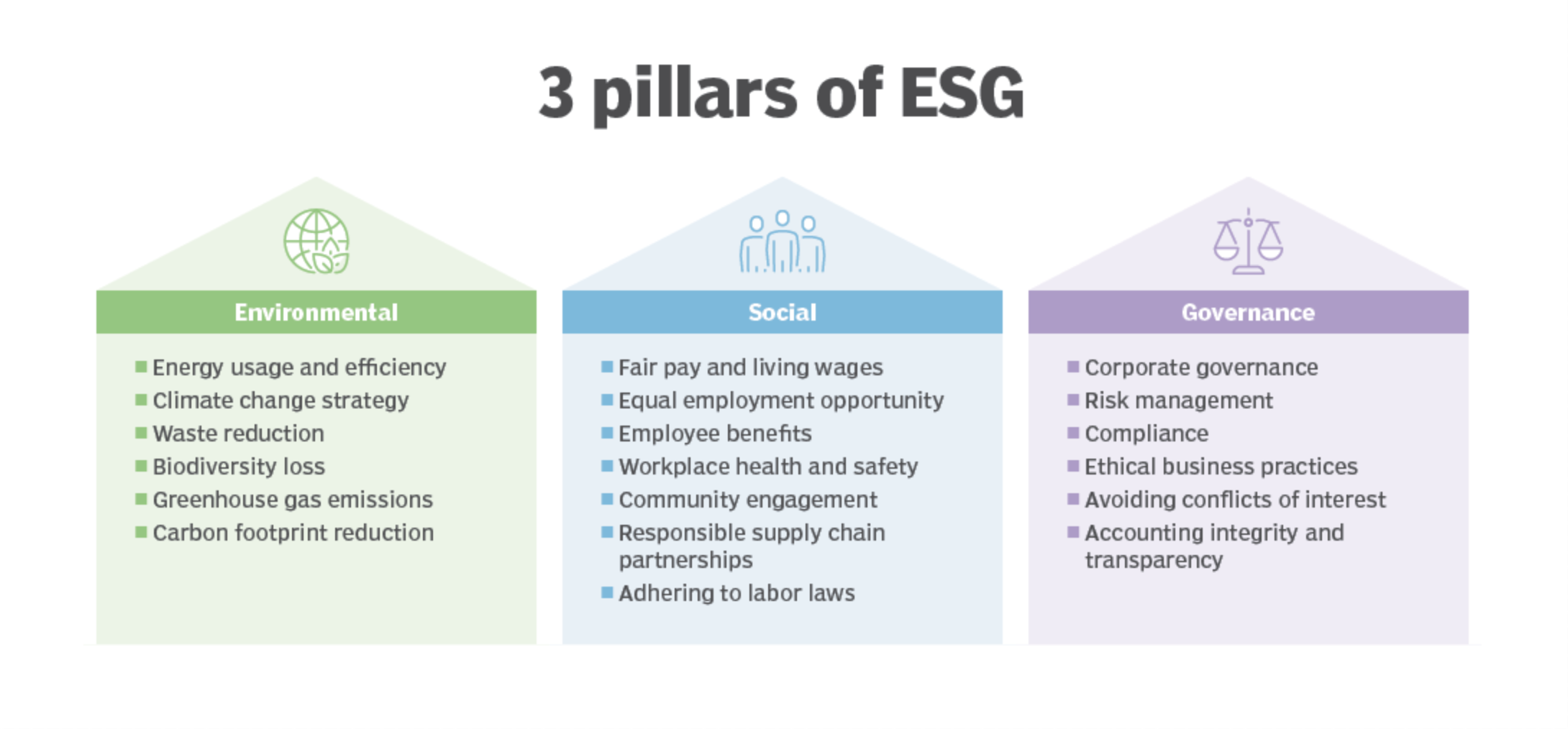WEEK 5 ~ Problems & solutions
SOCIAL BUSINESS MODELS
Environmental, Social, and Governance (ESG) factors into business models is crucial for creating sustainable and responsible practices. Here are some examples of business models that effectively integrate ESG principles:
Renewable Energy Companies: Businesses focused on renewable energy sources like solar, wind, or hydroelectric power are inherently aligned with environmental sustainability goals. These companies not only provide clean energy but also contribute to reducing carbon emissions and mitigating climate change.
Socially Responsible Investing (SRI) Firms: SRI firms specialize in investment portfolios that prioritize companies with strong ESG practices. By considering social and environmental impact alongside financial returns, these firms encourage responsible corporate behavior and help channel capital towards sustainable initiatives.
Circular Economy Businesses: Companies adopting a circular economy model aim to minimize waste and resource use by designing products for durability, reuse, and recycling. Such businesses focus on reducing environmental footprint while also creating economic value through resource efficiency and innovation.
Fair Trade Enterprises: Fair trade businesses prioritize ethical sourcing, production, and trade practices. They ensure fair wages, safe working conditions, and environmental sustainability throughout their supply chains. These companies contribute to social equity by supporting marginalized producers and communities.
Impact Investing Ventures: Impact investing involves allocating capital to projects or companies with the intention of generating positive, measurable social or environmental impact alongside financial returns. Impact investing ventures may focus on areas such as affordable housing, healthcare, education, or sustainable agriculture.
Corporate Social Responsibility (CSR) Programs: Many companies integrate ESG principles into their business models through CSR initiatives. These programs involve activities such as charitable giving, employee volunteering, environmental conservation efforts, and community development projects. By engaging in CSR, companies demonstrate commitment to social and environmental responsibility.
Sustainable Agriculture Businesses: Agricultural enterprises adopting sustainable practices aim to minimize environmental impact, conserve natural resources, and promote biodiversity. These businesses may employ methods such as organic farming, agroforestry, crop rotation, and water conservation to achieve sustainable outcomes.
Green Building and Construction Firms: Companies in the construction industry can adopt green building practices that prioritize energy efficiency, use of renewable materials, and waste reduction. Green building firms design and construct environmentally friendly structures that minimize resource consumption and environmental impact over their lifecycle.
Ethical Fashion Brands: Ethical fashion companies focus on sustainable sourcing of materials, fair labor practices, and transparency in their supply chains. By prioritizing eco-friendly materials, reducing waste, and ensuring fair wages for workers, these brands contribute to a more sustainable and equitable fashion industry.
Water and Sanitation Enterprises: Businesses addressing water and sanitation challenges provide access to clean water, sanitation facilities, and hygiene education, particularly in underserved communities. These enterprises contribute to improving public health, enhancing quality of life, and promoting environmental sustainability.
| Company | Business Model | E | S | G |
|---|---|---|---|---|
| Tesla, Inc. | Electric vehicles, renewable energy | E | ||
| Patagonia | Outdoor apparel, sustainable sourcing | E | S | |
| Unilever | Consumer goods, Sustainable Living Plan | E | S | |
| Danone | Food and beverage, "One Planet. One Health" | E | S | |
| Interface, Inc. | Carpet tile manufacturing, Mission Zero® | E | ||
| Ecolab Inc. | Water, hygiene, and energy technologies | E | S | |
| Natura &Co | Cosmetics and personal care, sustainability | E | S |
READING ASSIGNMENT: WEEK 5
ASSIGNMENT - WEEK 5
PART 1 - READ Building Social Business Models
PART 2 - ORIGIN STORY and 3/8/30
Most social entrepreneurs are drawn to a particular social issue because of their life experience (like Carnegie or Yunus). Now is the time to examine your motivations and catalysts present in your sphere. Were you given an opportunity that you want to share with others? Or did something happen to you that you want to help others avoid? The submission should be a summary of either the social issue or the opportunity/experience. Also, expand on where your personal motivation is most grounded - Activism, Altruism or Capitalism.
PREVIEW OF NEXT WEEK (WEEK 6) - Read Chapter 1
Start thinking about sharing with the class your business idea via a 30-second verbal pitch.















